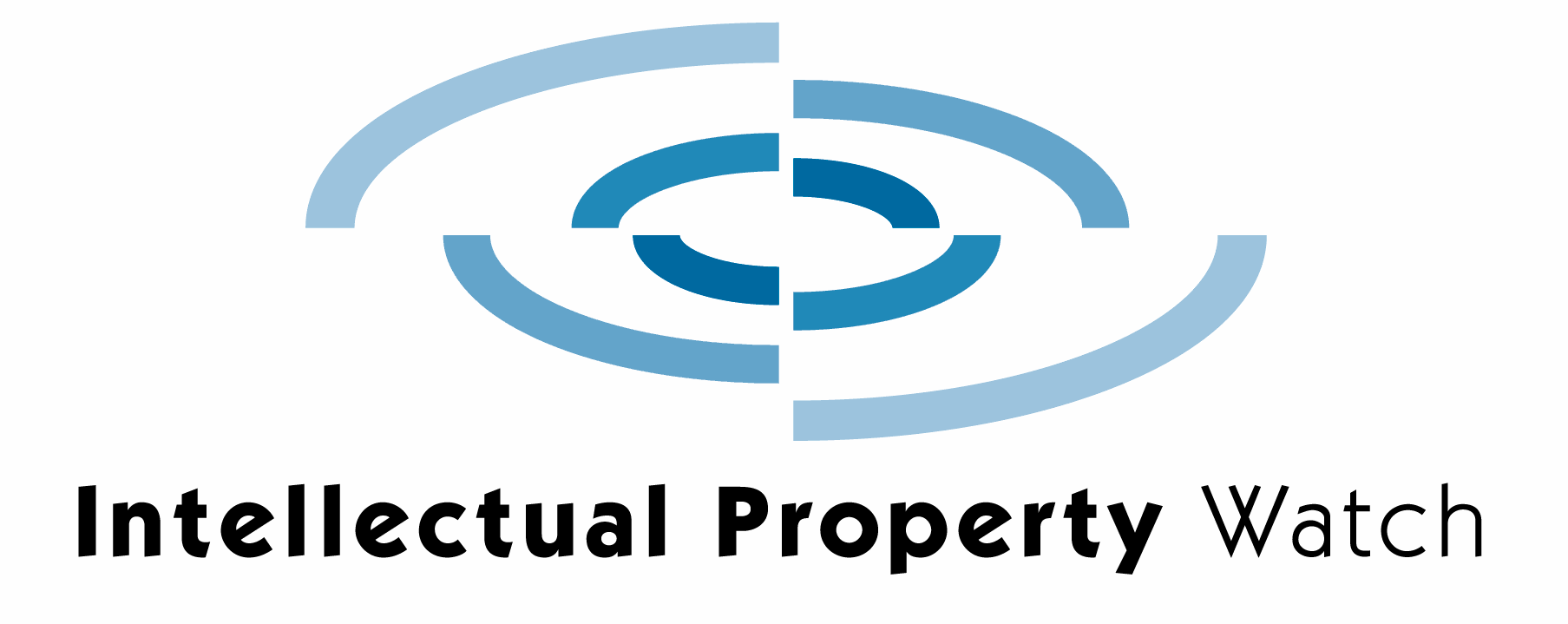

THE situation behind the scenes at the EPO is hard to decipher because secrecy persists and intimidation prevails.
Considerable quality problems in the examination and processing of patent applications at the European Patent Office (EPO) were deplored by a group of patent attorneys during a visit of the new Chair of the EPO Administrative Board, Christoph Ernst, from the German Ministry of Justice, to the Max Planck Institute for Innovation and Entrepreneurship Research in Munich. Meant as a presentation of Ernst’s thoughts on “the future of the European patent system,” the debate developed into a harsh reckoning of the “System Battistelli.”
Outgoing head of the European Patent Office criticised
14.10.2017 15:30 - Monika Ermert
European Patent Office (EPO) in Munich. (Picture: dpa, Frank Leonhardt)
On Friday evening, what had originally been intended as a specialist technical discussion about the future of the European patent system with the new head of the EPO Administrative Council turned into a round of severe criticism directed at the outgoing President.
The newly appointed head of the Administrative Council of the European Patent Office (EPO), Christoph Ernst, Assistant Chief Secretary in the Federal Ministry of Justice, was obliged to listen to harsh criticism about the deteriorating quality of patent examination at the EPO as a result of the overworking of patent examiners. At the invitation of the Munich Max Planck Institute (MPI) for Innovation and Competition, Ernst presented an optimistic picture of the future of the European patent system but declared that he was willing to conduct a discussion about the quality problem with the experts.
The patent figures at the European Patent Office are rising, the Office is equipped to deal with new challenges and the EU Unitary patent is almost ready to go, according to Ernst's optimistic message. On 1st October, he took over the Chairmanship of the Administrative Council. Prior to that, he already sat as head of the German delegation in the supervisory body of the 38 member states and he represented Germany at the World Intellectual Property Organization.
Pressure to perform and toxic workplace relations
For years the EPO has been getting negative press coverage, mainly because of the severe conflict between President Benoit Battistelli who is due to depart next year and his employees and staff unions. Because of the intense pressure to perform and also psychological pressure exerted on the employees within the Office, perverse incentives have been introduced, warned Gero Maatz-Jansen from the Munich-based law firm Grüncker.
Instead of thoroughly scrutinizing patent applications, EPO staff try to get the files off their desks as quickly as possible. In the medium term, declining quality could drive the users away and cause the entire EPO system to collapse, the lawyer said with great applause from around 60 participants at the MPI event, many of whom contributed their own observations.
Evidence of deterioration in quality?
Weaker prior art citations and superficial search reports on the state of the art, as well as problems in the formal procedures underscored the fact that the work of the EPA staff was suffering. Examiners increasingly complied with the rigorous efficiency agenda of EPA CEO Battistelli by quickly rejecting applications because of minor formal flaws, said one lawyer.
Ernst called for data concerning such deficiencies to be presented. To date, there had been no real evidence of a deterioration in quality, he said. The number of oppositions against granted applications was declining slightly, as were the revocations and the "destruction rate" was negligible. "The mere fact that more patents are granted does not in itself mean that the quality is impaired," he told the patent lawyers.
The EPO examiner and staff union official Elizabeth Hardon, who was dismissed by Battistelli in 2016, recalled that quality problems will only become apparent a number of years down the line in subsequent nullity proceedings. The staff union official expressly welcomed the fact that at the MPI event others were standing up to voice criticism of the workplace situation at the EPO. "For years nobody was listening to us," she said.
Patent system in crisis?
According to the host, Reto Hilty, Managing Director of the MPI for Innovation and Competition, a rising number of patent applications does not provide proof of any increase in innovation, which is supposed to be what the patent system is all about. Researchers who for a long time have been talking about a "crisis of the patent system" are noting a veritable race for high numbers of applications in China, the USA and Europe.
In his speech at the MPI Ernst also referred to individual crisis symptoms. For example, there are intense discussions at the United Nations about the artificial restriction of access to vital medication by patents. However, he called the relevant UN report "one-sided" and "not pointing in the right direction." The controversial issue of bio-patenting has not yet been resolved because the EPO is currently dealing with a new opposition proceedings against the patenting of beer. Finally, a consultation relating to patents on essential standards is one of the top priorities on the agenda of the Federal Ministry of Justice.
Update, 14.10.2017 16:30:
Name of Elizabeth Hardon corrected (Monika Ermert)